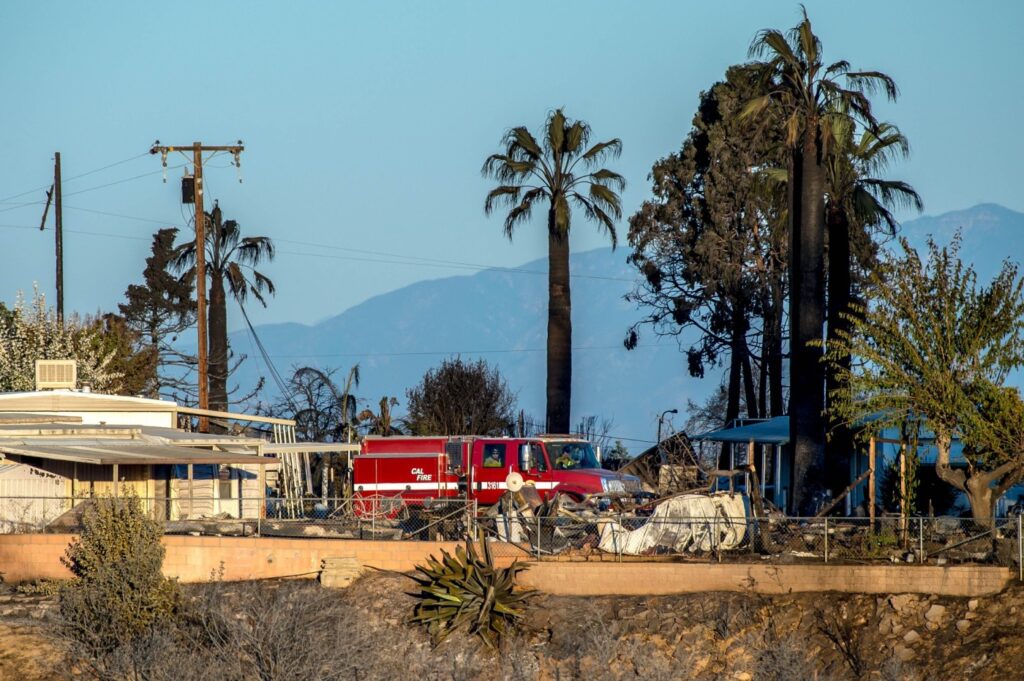
Forthcoming legislation from a bipartisan group of California state legislators tackles an important problem – the state’s ongoing battles with wildfires – in the same old way. It spends more money hiring more government employees, but fails to address why the current budget isn’t doing the job.
The bill has yet to be introduced so we’ll need to look at the details, but the basic parameters have been widely reported. Sens. Shannon Grove, R-Bakersfield, Mike McGuire, D-Healdsburg, and Brian Dahle, R-Bieber, have proposed adding 1,124 permanent and seasonal firefighters to the California Department of Forestry and Fire Protection (Cal Fire).
The measure would also require the assignment of three firefighters to every engine (upping the current average of 2.7) and would mandate the completion of a staffing study. McGuire has said that this expenditure is merely a “down payment” on the need for hiring even more firefighters.
It’s hard to oppose legislation that would boost the state’s firefighting abilities, especially after several years of grueling fire seasons. McGuire also introduced – and Gov. Gavin Newsom has signed – a law (Senate Bill 206) that applies the Firefighter Procedural Bill of Rights to seasonal employees, which gives them additional union protections.
Although everyone appreciates firefighters’ tough work, Cal Fire faces the same problems that afflict every bureaucracy – namely, high costs and union work rules that reduce its ability to provide cost-effective public services.
Related Articles
The politics of scapegoating Proposition 47
Newsom vows to spend big, reform little
Biden’s not Trump, but that’s no longer good enough
After recall flop, Gavin Newsom can cruise to re-election
What the crises in Kazakhstan and Ukraine tell us about Vladimir Putin
Because of unusually high personnel costs, Cal Fire has relied on minimally paid inmate firefighters. In June, Newsom decided to shutter one of California’s main training facilities for inmate firefighters, which will force the state to rely more on highly paid unionized workers.
The median total compensation for a state firefighter including overtime and benefits is around $150,000 annually (despite relatively low base salaries), with averages far higher in cities and counties. Many firefighters receive eye-popping salaries. Meanwhile, Cal Fire resists deploying low-cost measures (such as enforcing “defensible space” laws).
We’re not opposed to hiring more firefighters per se, but the state must first evaluate how it spends its current budget and look at alternatives.
